Zee Café’s BBC First S1 saw 600% growth in GTVTs, time spent doubled: Aparna Bhosle
Zee Café, the English general entertainment channel from ZEE, is back with the second edition of the BBC First content block. Commencing on July 16, 2018, the content block, brought in association with BBC Worldwide, will feature 12 shows which will be aired on weeknights at 10 pm.
The line-up of shows for the second edition include: ‘Doctor Foster Season 2’, ‘Top Of The Lake Season 2’, ‘Maigret Season 2’, ‘Paula, Wolf Hall’, ‘Unforgotten’, ‘Broken’, ‘In The Dark’, ‘Burton and Taylor’, ‘The Interceptor’, ‘Born to Kill’ and ‘The Collection’. The shows star acclaimed actors like Rowan Atkinson, Claire Foy, Elisabeth Moss, Tom Riley, Nicole Kidman, Helena Bonham Carter and Surrane Jones, to name a few.
Aparna Bhosle, Business Cluster Head – Premium channels, ZEEL, commented, “After the phenomenal response to the BBC First content block last year, we are thrilled to bring the best of British dramas once again for our audiences in association with BBC Worldwide. The English general entertainment space still witnesses a dominance by American shows and hence, through this alliance we wish to bridge the gap and cater to the need for great stories with superior quality British dramas. We are certain our viewers will enjoy these critically-acclaimed and award-winning shows starring powerhouse performers.”
Keeping in line with its proposition, Zee Café has chalked out a robust marketing campaign – #GreatBritainGreatStories. The channel will be engaging its viewers through high impact out-of-home, print and digital mediums across key mega cities. It will also present a sneak peek into British culture by hosting English tea parties in key media offices.
‘Maigret Season 2’ follows Chief Inspector Jules Maigret once again as he chalks out cunning plans to capture criminals and deliver justice. ‘Broken’ is the story of a priest who struggles to reconcile the beliefs of his congregation with the challenges of daily life. In ‘Doctor Foster’, two years ago she dramatically exposed her husband’s betrayals and he left town and now in Season 2 her life is destabilised once again when Simon returns. ‘Wolf Hall’ is a historical drama chronicling the rise of Thomas Cromwell, who became King Henry VIII’s chief minister. ‘Top of the Lake’ is the story of Detective Robin Griffin, who moves to Sydney in Season 2 after the devastating events in New Zealand for a fresh start, but a suitcase with some rather appalling content summons dark memories. In ‘Burton and Taylor’, actress Elizabeth Taylor and actor Richard Burton join forces to star in the play ‘Private Lives’, amongst many other shows.
In conversation with Adgully, Aparna Bhosle speaks about how Zee Café has been strategising to stay true to its promise of ‘All Eyes on New’. While the focus for Zee Café this year is more on non-fiction content at 9 pm, the channel is also concentrating on building its 10 pm band, starting with the BBC First content block. Bhosle speaks at length about growing this block, the response received for the first season, growth of the English Entertainment genre in India and more. Excerpts:
How has Zee Café’s association with the BBC grown with BBC First?
BBC First is an alliance that we got formed last year. That was actually the first time that we took a chance because we knew that more than 90 per cent of the English channels in India are basically offering American content. So much so that most of the viewers did not know that a ‘Sherlock’ is coming from Britain. A lot of stories that our viewers liked – the stories that were resonating with them because of the drama – they did not even know that it was coming out of Britain.
That’s was when we first started this whole study on what all we could do with Britain, who else we could talk to. That’s how we came up with the idea of hosting a specific band featuring some of the best dramas in the world from the BBC. The best thing about BBC shows is that they are not simplistic good versus evil stories, all the characters are grey. Even if you look at the main protagonists, they are neither good nor bad, they are human. A lot of people identify with them.
We will have 12 shows this year. While all of them are amazing shows, my personal favourite is ‘Paula’. It is about a plain, simple school teacher and her chance encounter with a handyman. There is ‘The Collection’, which is about a fashion magnate and his family in Italy who designs clothes for the runway and the drama in their family.
Last year, we had brought 11 shows to India. It largely depends on the number of episodes that each show has, it’s not like we have taken more or taken less. It is a three-month long activity that we do every 6 months, and keeping in mind the number of episodes that each show has, the ones we chose out of the entire list that they gave us came to 12 shows this time.
What was the response to the first edition of BBC First in terms of viewership?
Our GTVTs went up by 600 per cent (from around 4.8 to around 34), while our time spent doubled from approximately 3 minutes to 6.3 minutes – this was just for the 10 pm band. Our reach increased by 26 per cent, where we got one lakh additional viewers. Viewers who were not on Zee Cafe earlier came to the channel because of BBC First. Overall, this did brilliantly for us. Also, we were a pretty women skewed channel earlier, but with BBC First, we got a lot of male viewers who have stuck with the channel.
What has the advertiser response been?
We have on board Domino’s Pizzas, Brookside, L’Oreal, Philips and Vicks.
What are your expectations from the second edition of BBC First?
Of course, I want the same performance from the second edition, if not more. It’s just that it’s more for the image of what we stand for as Zee Cafe. I just want people to appreciate good shows and associate that with Zee Cafe.
As per BARC data for Week 27 of 2018, Zee Cafe is placed 5th among the English GECs? How do you view your channel’s performance?
The thing with data right now is that if you look at our megacity focus, we were off DEN Network, a pretty big contributor of our viewership. We had an issue and DEN switched us off in Week 3, that is, around mid-January and came on just around five weeks ago. The DEN part dented our viewership quite significantly. I think that people are now aware that the channel is back on air after a very long time. So, I don’t think this reflects the channel performance; it’s largely a distribution thing.
How is Zee Cafe strategising to shore up its viewership and also create more engagement with the viewers in the current landscape?
One of the things I already spoke about is that we are trying to look at very differentiated content. You see, there are some channels which, when they see a show that’s working for them, do 90 per cent of the grade with that show. Though we could do the same, but strategy wise it’s not something that we would choose. We are getting a lot of different content; our focus is 9/9, which is getting the biggest non-fiction shows from all around the world. We have got another band called LMFAO, which features the funniest shows from all around the world. So, there are a lot of different things that we are doing. While other channels are now beginning to air movies, this is something we are going to refrain from because we want to stick to being a general entertainment channel. We will let our movie channels screen movies.
BARC data has also shown that English GECs are seeing an overall decline in viewership. How do you view the current status of English GECs in India?
The issue is not about declining viewership. It might have declined because we were not available on DEN and it’s pretty relative because the number of homes that they are documenting for BARC are so little. That’s an industry issue, I think, one needs to increase the size of the sample that records premium viewing. Because the base is so small, and because we are getting measured in TVTs, even the smallest drop would reflect as a significant drop for your channel because the channel size is not big enough or robust enough.
Has this been addressed by BARC?
It has and I think the industry is discussing it with BARC and it should get rectified in the future.
How has the growing clout of OTT platforms impacted the English GECs?
It has still not impacted English viewing. I have always said that ‘more is more’. OTT has different offerings than GECs and more people are getting exposed to it. Currently, the numbers are pretty decent, if you see their reported numbers is 6 million-11 million. English GECs are still 20 times that amount. We don’t expect to be impacted significantly in the near future. Right now our strategy is evolving, nothing stays the same, we are tracking the OTT players, as of now they exist and we exist and they are not making so much of a dent on TV viewership. TV homes are far too many. I’m not saying that’s always how it’s going to be, we will see how India progresses. With companies coming in with fibre optics, we will have to keep tracking how this goes. The it starts affecting us, we will all have to evolve our strategy. So, in the very near future I’m not seeing it affect English entertainment.
Will shows from the BBC First block also air on the ZEE5 OTT platform?
Some of them will be. It might be on ZEE5 or on Amazon or Netflix, it’s the same story. It won’t impact our TV viewership. The profile of a person who watches OTT is still very different from the person watching TV. OTT is a very individualistic viewing experience, watching it alone on one’s phone. We are still a single TV household nation, with everyone watching together, which has not changed. The number of individuals who like to watch programmes alone is still small as of now. But I’m not saying that it won’t increase in the future, and we are watching out for that.


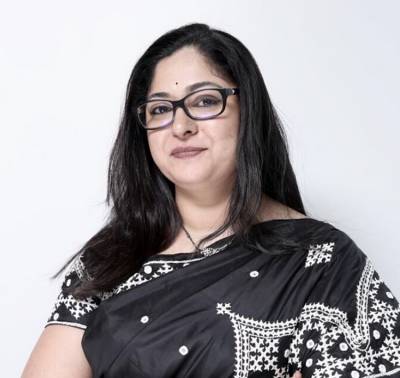

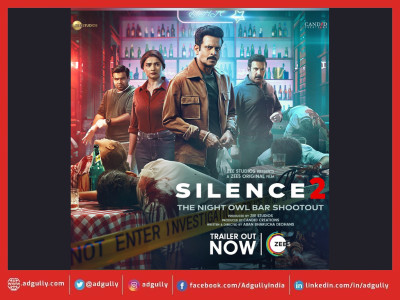

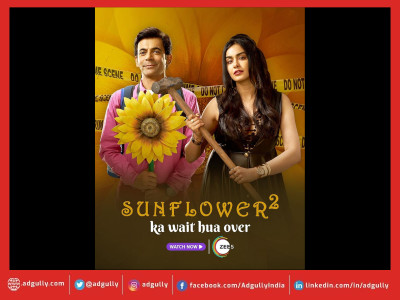
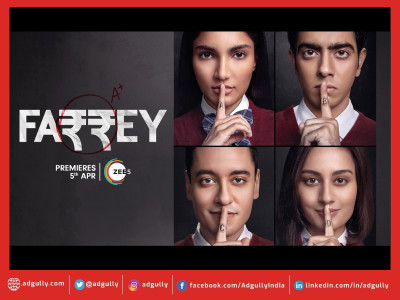
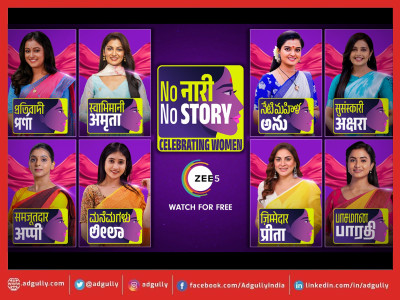
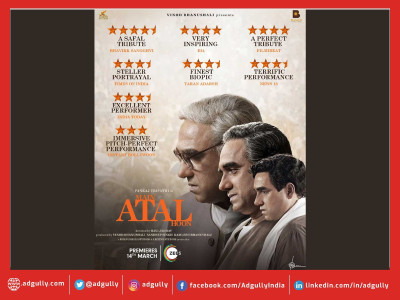
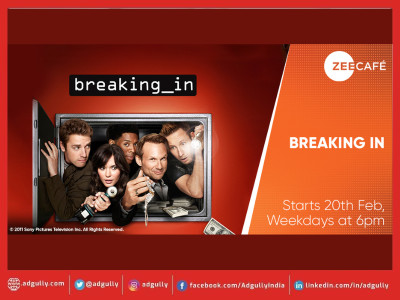
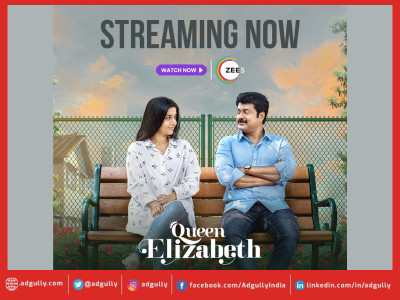
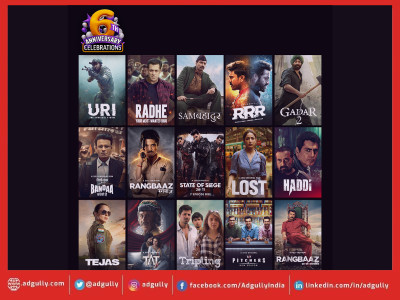
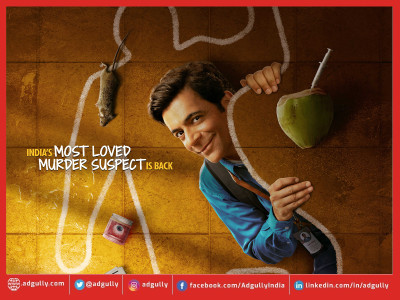
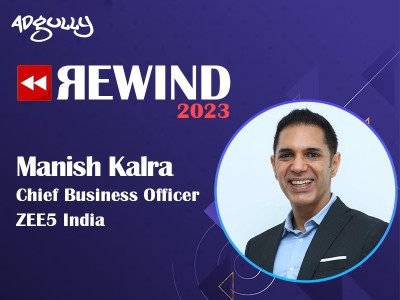

Share
Facebook
YouTube
Tweet
Twitter
LinkedIn